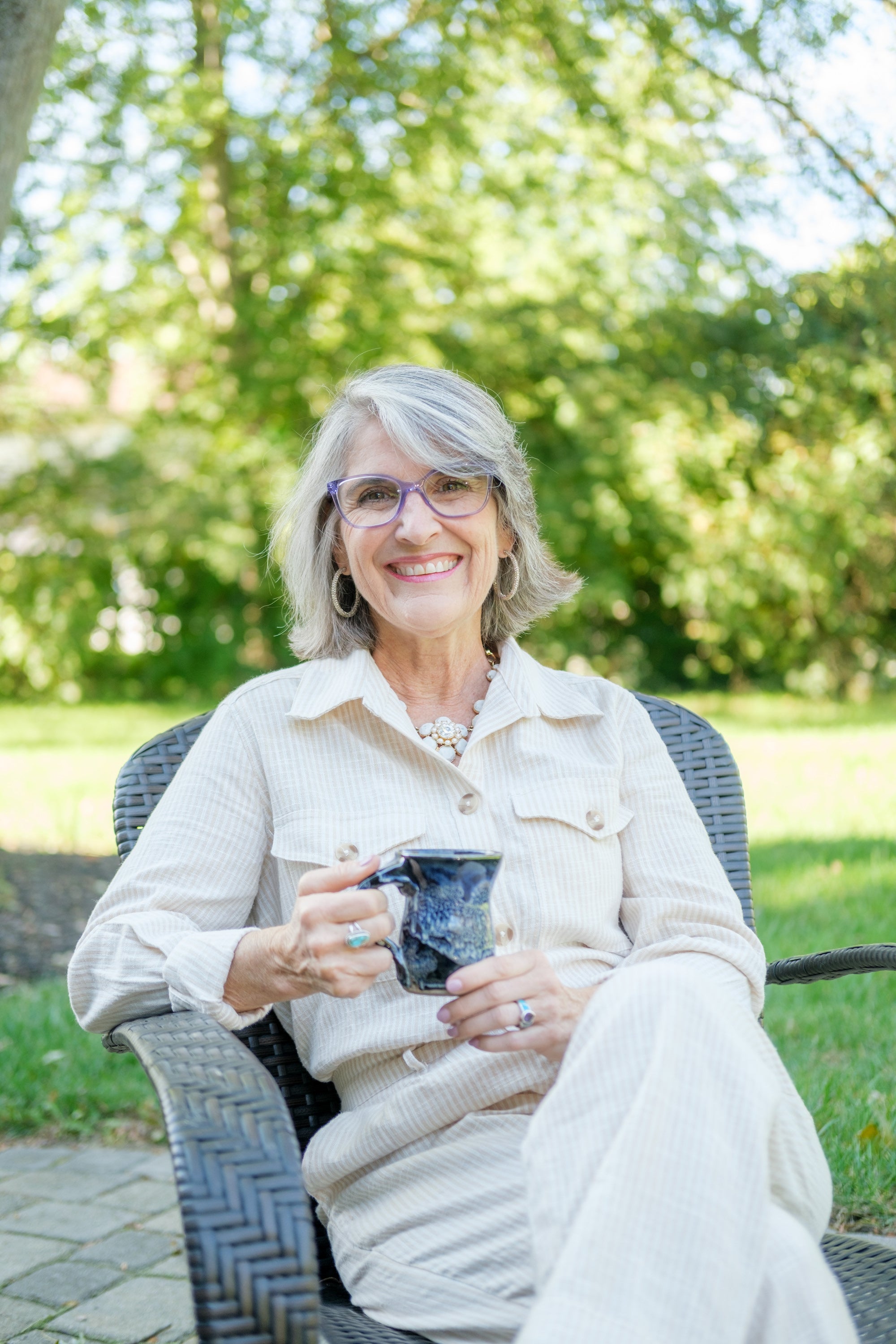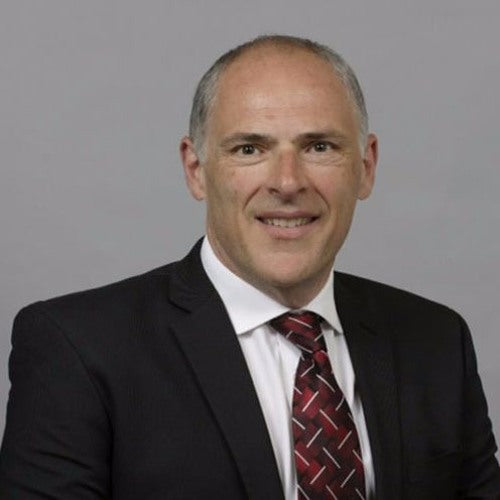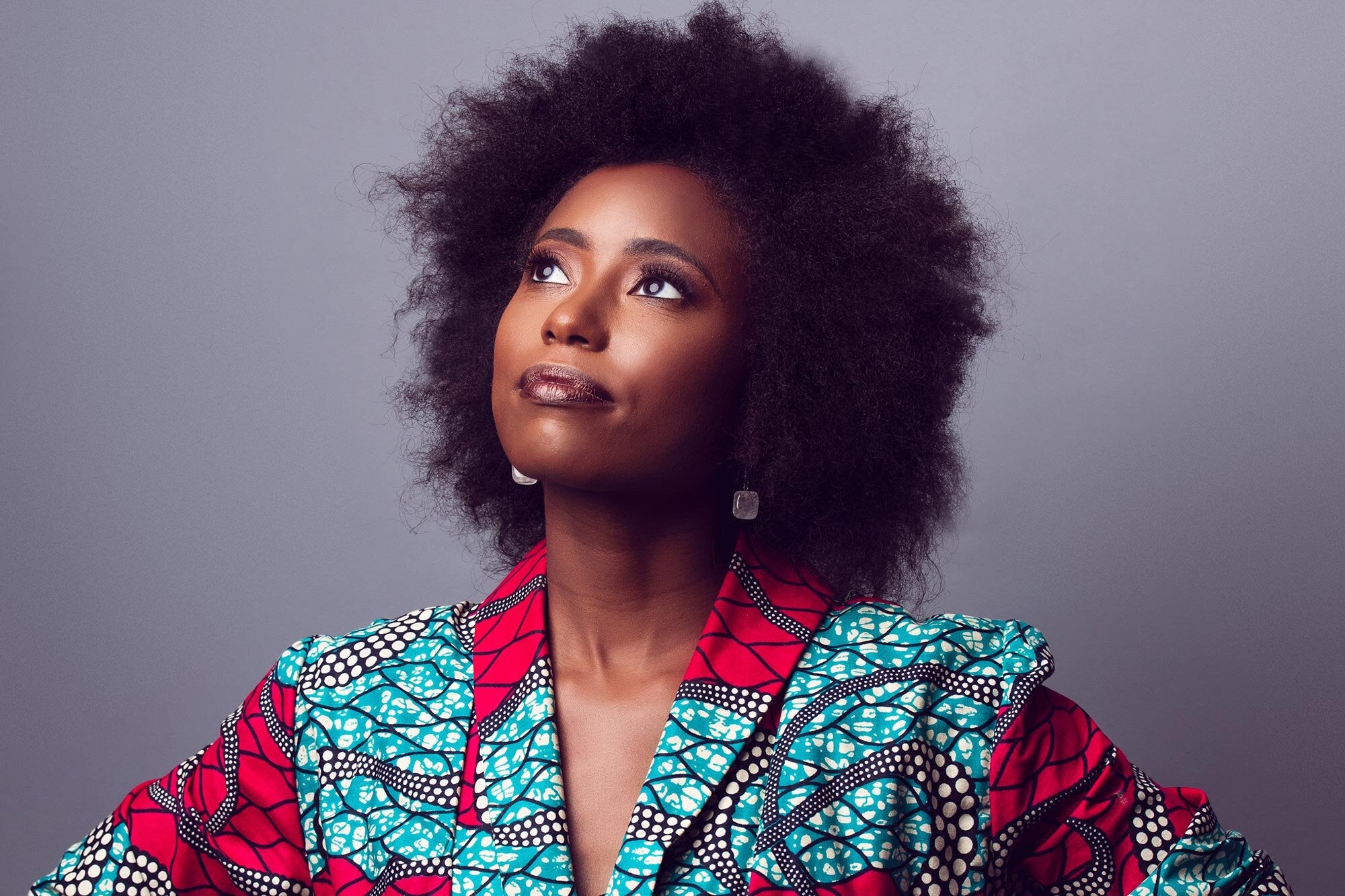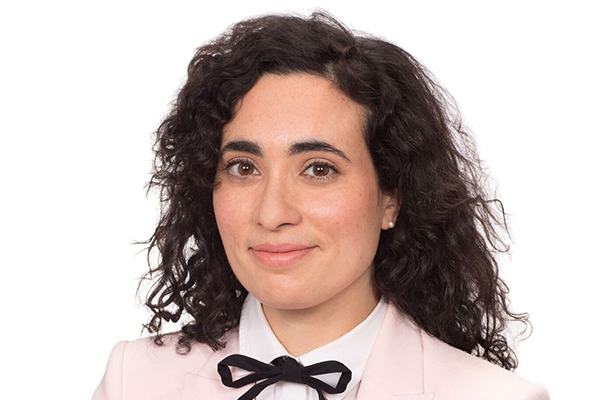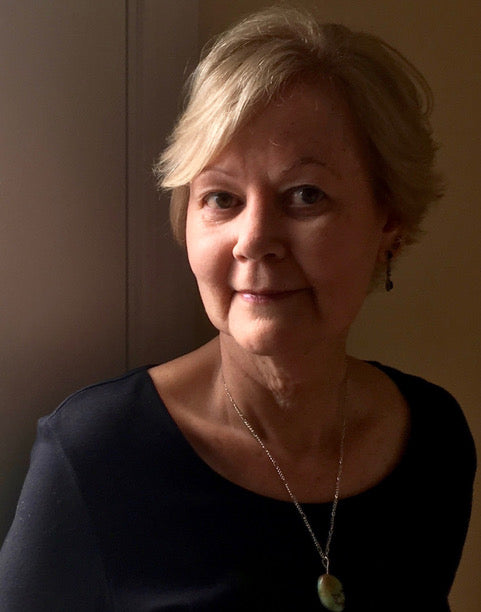Book: Followers

Photo By: Alison Conklin
Author: Megan Angelo
Author Bio:
1. What made you want to tell a story about social media and what about it pushed you to give it a dystopian feel?
I had already been working on the idea for FOLLOWERS a while before I knew it was about social media. I knew I wanted two timelines, and for fame to play a role in all the women's stories, so eventually I realized that, of course, social media had to figure in. It's the only real way to get and stay famous now.
I think I was ready to look at the Internet in a slightly dystopian way because I've been working and playing on the Internet a long-time—blogging, being on social media—and there are times when it just seems there are no limits to the outrageousness of it. I was looking for that backlash moment, wondering what it would take for us to really step away from a life online.
2. What was the first social media you joined and what fascinated you about it?
I joined Facebook in 2003 when I was a sophomore at Villanova University. I remember it so clearly; I just thought it was for snooping on what other people in my class were up to the night before, stuff like that. Did I think I'd still be on it when I was an adult when I was married and working? No way. I thought it was for kids.
3. Do you see our “social media society” evolving towards the environment you crafted in ‘Followers’?
I really don't know. If you look at the future in Followers, Marlow, the future protagonist, is very much caught in this extreme social media environment—she lives in a fully on-camera community built to look like an Instagram filter and can always hear her followers inside her head.
But there's also a movement towards privacy afoot, in which privacy is marketed as a lifestyle choice. I think the Internet will push things as far as it can but that maybe we will start to see more people step away from it. I'm actually sort of hoping my kids, who are very young, grow up to think social media is something dorky for parents.
4. How did your idea for “The Spill” come together?
One inspiration for that part of the book was Claire Messud's THE EMPEROR'S CHILDREN. I will never forget reading that book and being so caught up in the personal dramas of the characters that, although I should have known exactly when 9/11 was coming in the story, it was this brutal surprise, not unlike the way 9/11 actually happened—normal life one minute, perspective and priorities shattered the next.
There were logistical implications for the characters, too, because of what happened that day. I wanted the Spill to feel like that. And, just as I did with the rest of the book, I wanted to take something that seemed dystopian and sci-fi on the surface and write it on a very human level.
5. What do you hope readers take away from ’Followers’?
You know, there's nothing I hope they take away beyond having a good time—I tried really hard to entertain with this book and I hope I succeeded. But as far as what I am hearing they're taking away: It's a lot of people wanting to smash their phones, at least for a second.
What it has given me, mostly in retrospect, honestly, is a chance to evaluate whether I want to spend the rest of my life this caught up in technology. It's something that seemed like a lark when I first started using it, but all of a sudden, here I am, almost 20 years later, and it's still around and has grown consuming.
6. ‘Followers’ is such a great and encapsulating title, what made you select it as the name for your debut novel?
Thank you! I originally called the book Cursive. I was workshopping it in a Catapult class with the great Rufi Thorpe, and I said one day, 'hey, I don't know, maybe I should change it to Followers, I'm torn,' and everyone was like, 'You're torn? It's obviously Followers.'
7. What was your writing process like for ‘Followers’?
I write pretty quickly, but I revised again and again and again, so many drafts in fact, that my computer ran out of space from Word documents alone. I had one kid when I started thinking about this book, two as I wrote it, and three by the time it came out, so it was also a lot of odd timing—writing during the night, long shifts locking myself in the basement on weekends while my husband watched them, that kind of stuff.
8. Where did the idea of juxtaposing the future (2051) and past-present (2015) come from?
I tried to work out this timing based on how many years would stretch between the time when someone would naturally write a letter in cursive and when someone else would find it and be unable to read it. That conceit became the framework for the whole timeline. 2015 was the very recent past when I began the book, but as it moved closer to publication, I knew we couldn’t just change 2015 to “now” for the sake of freshness.
The world of social media changes so fast that I think that the power Orla held in 2015–to legitimize a budding influencer in a traditional media outlet—has slipped away. Influencers need traditional media less with each passing day.
9. What did you learn about yourself while writing this book that will help you as an author going forward?
I learned to let go of anxiety about revising and to be more patient. I thought the book was done so many times when it wasn't, and it's hard not to feel all the cells in your body rising up in protest when you hear another round of notes.
But now I look at the book and see how far it's come, and I realize that if I'm able to do this again, I should just let notes wash over me and stop doing the obsessive math of, like, how old I will be when the book hits the market if I'm just getting another round of notes today. Honestly, who cares?
10. What scares you most about our society today?
Just how coarse we've become with each other, which has been facilitated by the Internet, of course. I read this thing the other day where someone tweeted that she had seen someone she considered a political villain on the street and screamed f—k you at him as loud as she could.
I don't judge her. I've had days during the past few years where I've been so angry about the current administration. Still, it jarred me on a level of, wait, is this really how we are now?
11. What inspires you most about our society today?
Young people who demand better than the status quo and the golden age of storytelling I feel like we’re living in—so many unforgettable books, so much great TV, so many wonderful independent films. I think this is the great upside of technology, even if it poses a threat to print.
12. David Bowie once stated that “fame itself is not a rewarding thing. The most you can say is that it gets you a seat in restaurants.” Do you think your character Marlow would agree?
I think Marlow would definitely agree—now. In the time the book covers, she's still so close to fame, which is the only experience that she's ever known, that I don't think she would have processed it at that level yet. But without spoiling what it actually is, I will say that this question makes me remember that writing her ending was so satisfying.
13. What was the best book you read in 2019?
I loved The Other's Gold, by Elizabeth Ames. It's a gorgeously written sweeping romance, except for friends. And Robin DiAngelo’s White Fragility really changed how I look at everything.
14. What’s your best advice for getting over writer’s block?
Get something that requires your energy and can't be put off—kids, a dog, a leaky roof. When other things suck up my energy, it makes me frantic to get back to work, and writer's block disappears.
However, writer's block conveniently seems to reappear whenever there's a new season of The Marvelous Mrs. Maisel or Younger, so maybe I'm kidding myself that I know anything.
15. Do you plan on writing more books in the future?
I'm trying! We'll see how it goes.
Places To Find More From This Author:
Instagram: @meganangelo
Twitter: @meganangelo
Website: www.meganangelo.com
Get Your Copy of Followers Today!



